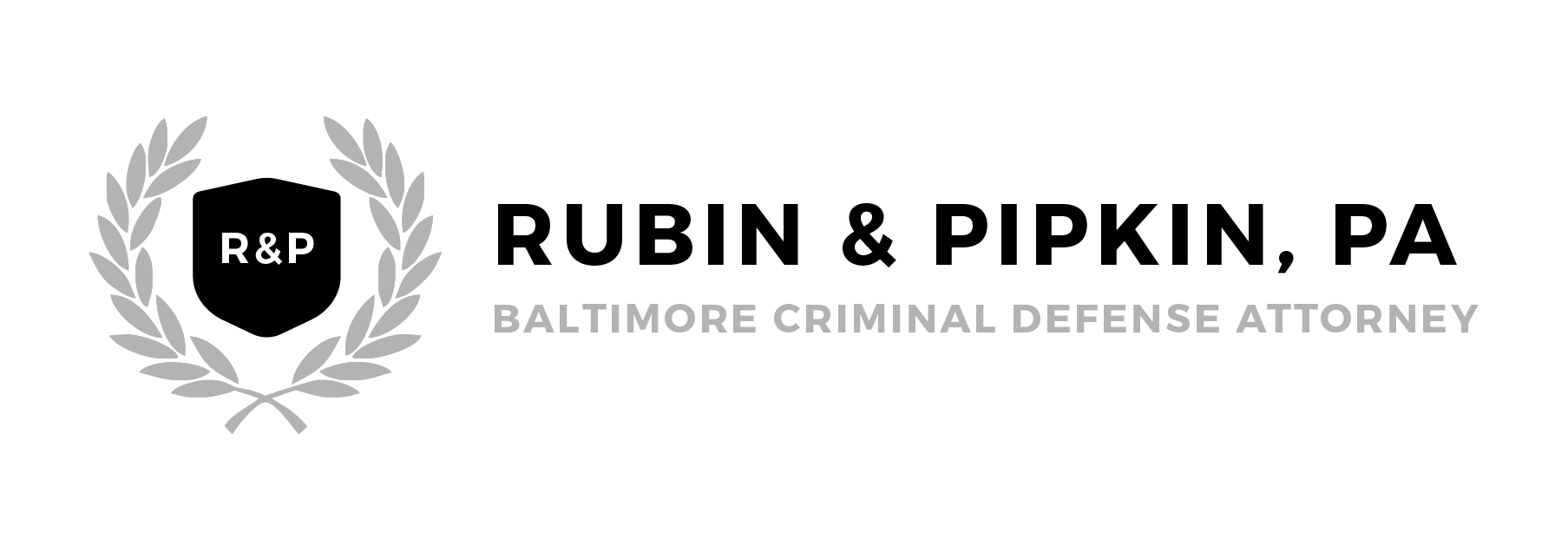13 Nov How do police handle drugged driving suspects?
On behalf of Jack B. Rubin, PA posted in Drug Charges on Friday, November 13, 2015.
As you are likely aware, those suspected of driving under the influence of alcohol are typically issued Breathalyzer tests. A Breathalyzer test is considered a dependable method of determining a suspect’s blood alcohol content level. However, a Breathalyzer test cannot detect the presence of component chemicals found in drugs other than alcohol.
So how could authorities determine if someone has been engaged in drugged driving? A blood or urine test could yield results revealing if a person has cocaine or THC, which is a chemical found in marijuana, in his or her system. However, these results are still problematic. THC can remain in a person’s bloodstream for several weeks after the use of marijuana. However, the signs of cocaine can dissipate within one or two days.
Police in some jurisdictions employ the services of so-called “Drug Recognition Experts.” A DRE is a police officer who has been trained to examine suspects to determine if they are under the influence of drugs. To make an assessment, a DRE will look at a suspect’s behavior and examine his or her eye movements and other actions.
However, it’s important to understand that all police officers, including DREs, have very specific guidelines they must follow when stopping suspects and conducting their sobriety tests. Any deviation from those guidelines could result in violating a suspect’s constitutional rights.
Clearly, proving drugged driving charges can be more complicated than proving charges of driving while under the influence of alcohol. The fact is that in Maryland, convictions for drugged driving can be just as serious as the highest levels of alcohol-related DUIs.
As such, if you are arrested and charged with a DUI involving prescription or recreational drugs, you may want to contact a criminal defense attorney as soon as possible. The attorney could look at all of the circumstances of the arrest and advise you on your best available legal options.


No Comments